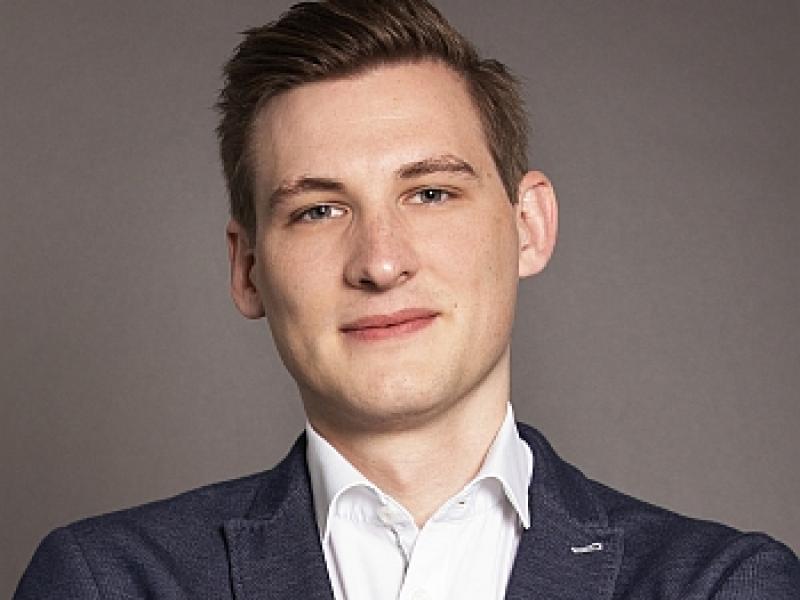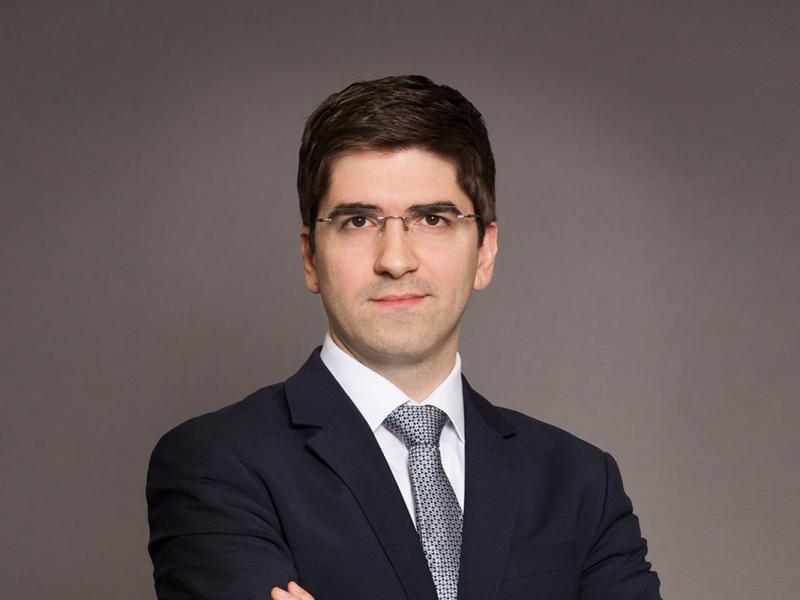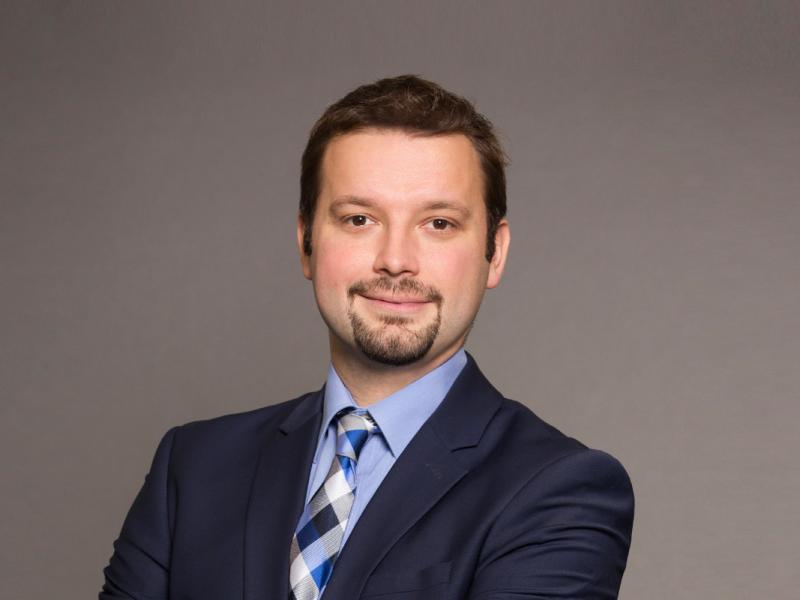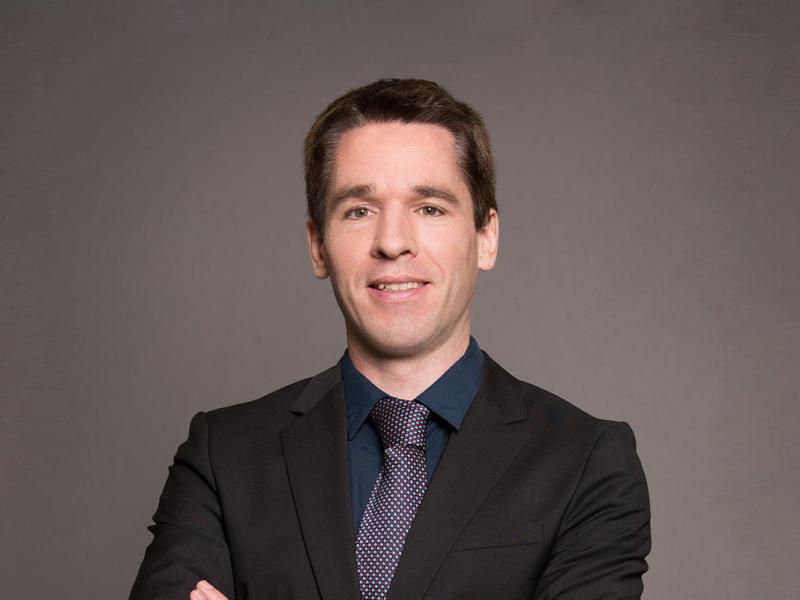Thruster Framework Download
Would you like to receive additional information? Then please fill in this form and we will get back to you with more details.
Felix Landsteiner

CFO
Felix is what you call a global citizen. He grew up on 3 different continents and has called Buenos Aires, Chicago, Brussels as well as Athens his home. Naturally, Felix is also passionate about travelling and especially enjoys all kinds of water sports. For example, you can regularly catch him stand up paddleboarding in the early morning. Prior to joining ENPULSION Felix worked in Business & Strategy Consulting in Austria’s largest Banking Group and thus brings more than 5 years of experience in the Financial and Banking sector to the Management team. Besides, Felix’s future-oriented, clear-sighted approach to planning allows ENPULSION to tackle new challenges well-prepared.
Dr. Alexander Reissner

CEO & Founder
Alexander Reissner started his career in the space business with RUAG Space, working in Thermal Hardware and later in Mechanical Engineering on projects like Sentinel or Bepi Colombo. He then joined the Austrian Institute of Technology and became the Team Leader for Electric Propulsion Systems. In 2013, he became the head of the Department of Aerospace Engineering shortly after it was moved to FOTEC. After growing this department from 5 to 17 scientists and engineers, he realized the potential of the FEEP technology in the SmallSat market and founded ENPULSION. His education took him from a Dipl.Ing. (MSc) in Physics at the Technical University of Vienna to the Korean Advanced Institute of Science and Technology (KAIST) in South Korea where he started a PhD program in Aerospace Engineering. He then followed his supervisor to the Technical University of Dresden where he finished his PhD Program. Alexander Reissner was also appointed to be the General Chair of the International Electric Propulsion Conference (IEPC) in 2019, which took place in Vienna.
Thomas Wulz

CHRO & Co-Founder
Thomas likes to make sure everything works smoothly, efficiently and he is always ready to solve a problem. He has a master’s degree in political science as well as specialized higher education in international business communications. He is additionally an ISO/IEC certified trainer and safety chancellor. Thomas brings to ENPULSION over ten years of work experience in project and general operations management. He has previously worked at the University of Vienna, the Vienna Chamber of Labor, and most recently at Casinos Austria, a worldwide, leading player in the global gaming industry. When he is not helping ENPULSION to thrive and reach its fullest potential, Thomas enjoys traveling, strolling through his home town Vienna, and grilling the perfect steak on his terrace!
Dr. David Krejci

CTO
David is a Research Associate at MIT (Massachusetts Institute of Technology) and avid traveller. He received his M.S. in applied physics in 2008, and Ph.D. in mechanical engineering in 2012 from Vienna University of Technology, Austria, and a M.A. in political science in 2012 from University of Vienna. Before joining ENPULSION, he was Research Scientist in the Department of Aeronautics and Astronautics working on the design and characterization of micromachined ionic liquid electrospray thrusters, which include multiple flight experiments. Before joining MIT's Space Propulsion Laboratory, he embarked on trip across the world, writing post-doc grant proposals along the way; secretly it was for beaches and sun. Aside from some teaching, he was previously working on the development of various types of electric and chemical propulsion systems. He worked on chemical green bi-propellant thrusters for small satellites and pulsed plasma thrusters for CubeSats at FOTEC and the Austrian Institute of Technology.
Download Case Study
Would you like to receive additional information? Then please fill in this form and we will get back to you with more details.


